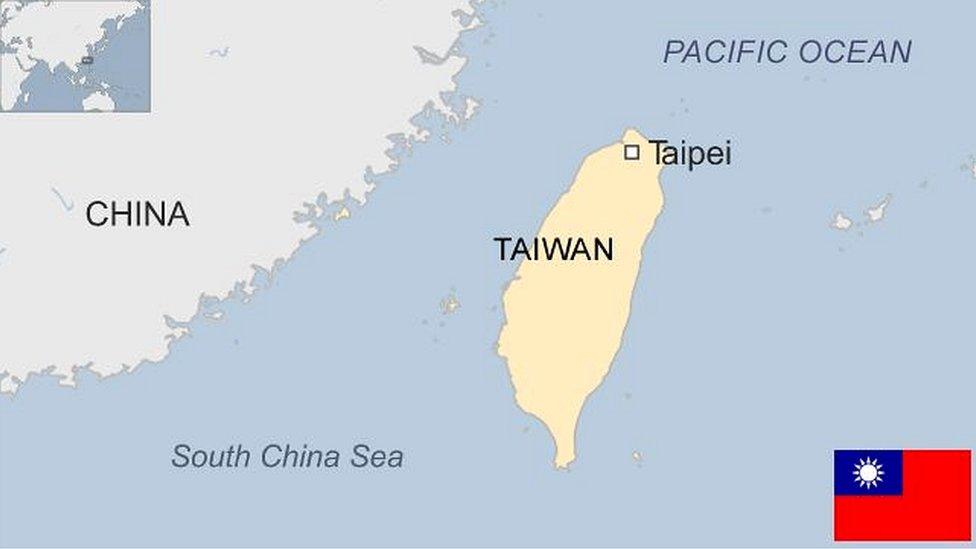China warns Taiwan independence 'means war' as US pledges support
- Published
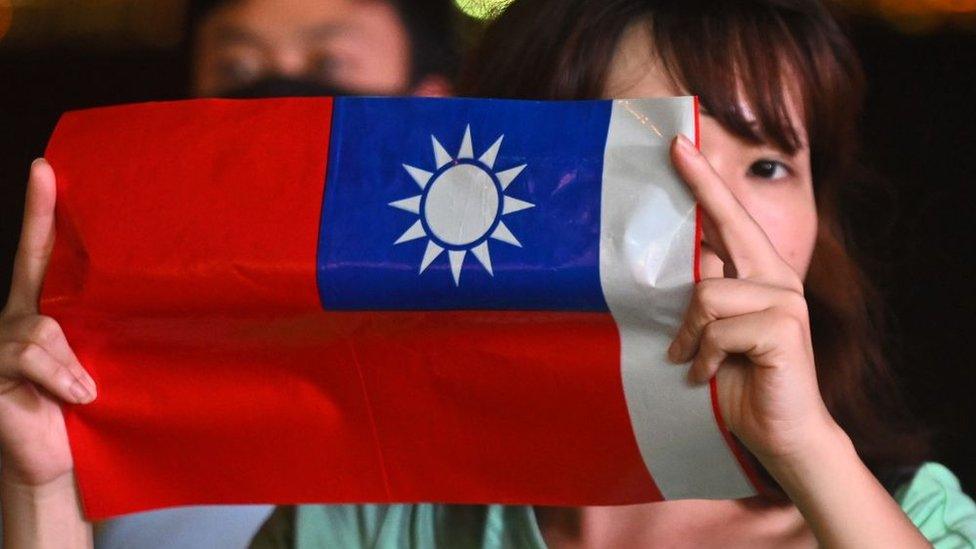
China sees Taiwan as a breakaway province
China has warned Taiwan that any attempt to seek independence "means war".
The warning comes days after China stepped up its military activities and flew warplanes near the island.
It also comes after new US President Joe Biden reaffirmed his commitment to Taiwan, and set out his stance in Asia.
The US has called China's latest warning "unfortunate", adding that tensions did not need to lead to "anything like confrontation".
China sees democratic Taiwan as a breakaway province, but Taiwan sees itself as a sovereign state, with its own constitution, military, and elected leaders.
Analysts say Beijing is becoming increasingly concerned that Taiwan's government is moving the island towards a formal declaration of independence and it wants to warn President Tsai Ing-wen against taking steps in that direction.
President Tsai, however, has repeatedly said that Taiwan is already an independent state, making any formal declaration unnecessary.
On Thursday, Chinese defence ministry spokesman Wu Qian defended the recent military activities near Taiwan, saying they were "necessary actions to address the current security situation in the Taiwan Strait and to safeguard national sovereignty and security".
"They are a solemn response to external interference and provocations by 'Taiwan independence' forces," he added.
"We warn those 'Taiwan independence' elements - those who play with fire will burn themselves, and Taiwan independence means war."

China and Taiwan: The basics
China and Taiwan have had separate governments since the end of the Chinese civil war in 1949. Beijing has long tried to limit Taiwan's international activities and both have vied for influence in the Pacific region
Tensions have increased in recent years and Beijing has not ruled out the use of force to take the island back
Although Taiwan is officially recognised by only a handful of nations, its democratically elected government has strong commercial and informal links with many countries
Like most nations, the US has no official diplomatic ties with Taiwan, but a US law does require it to provide the island with the means to defend itself

The US responded later on Thursday.
"We find that comment unfortunate," Pentagon press secretary John Kirby told reporters, in the first statement by the new administration on China-Taiwan relations.
Mr Kirby added that the Pentagon "sees no reason why tensions over Taiwan need to lead to anything like confrontation".
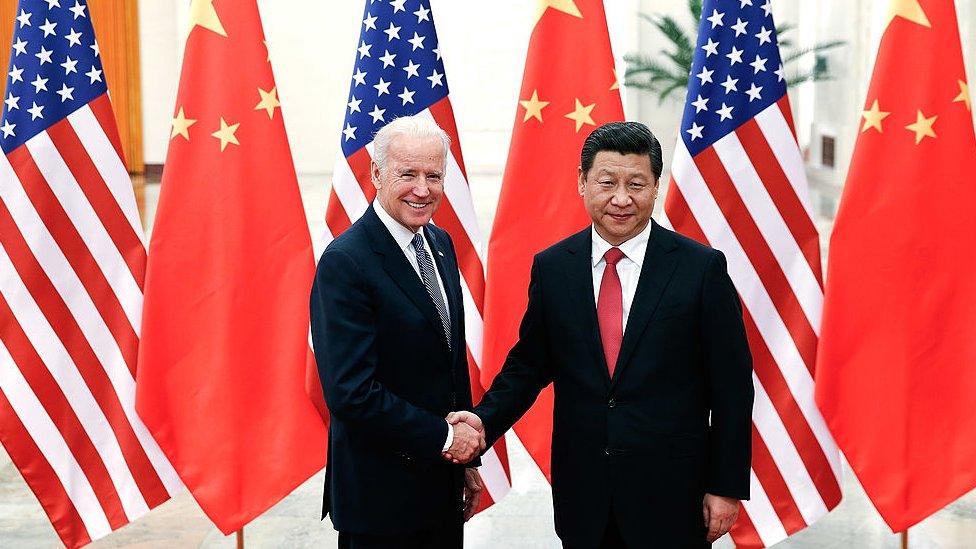
The new US administration led by Joe Biden, seen here in a 2013 photo with Chinese leader Xi Jinping, is expected to maintain pressure on China
The new US administration is expected to maintain pressure on China over a wide range of issues including human rights, trade disputes, Hong Kong and Taiwan, amid the deteriorating relationship between the two powers.
Taiwan's Mainland Affairs Council, meanwhile, said China should "not underestimate" the island's determination to defend its sovereignty and uphold freedom and democracy.

Blunt threat should be taken seriously

China's official spokespeople try not to talk about war. They almost always emphasise that theirs is a peace-loving country.
China is not a nation with a history of expeditionary military confrontation far beyond what it regards as its borders.
However, under Xi Jinping's leadership, China has repeatedly said that it would use military force to prevent any move towards formal independence by Taiwan, which it regards as a renegade province.
Threatening a war isn't as nuanced as talk of military intervention. It's blunt, more frightening. It is different too. Military intervention could come in a multitude of ways; not necessarily an out-and-out war between two competing sides and their allies.
But Taiwan's status is a red line for Beijing, a part of what it regards as its unimpeachable territorial integrity. An "internal affair", alongside Hong Kong.
The language deployed by the government spokespeople may not always be this provocative but when it comes to Taiwan it's fair to assume this is what China is, ultimately, willing to resort to.

You might also be interested in:
In January 2020 Taiwan's president Tsai Ing-wen told the BBC that China needed to respect the will of Taiwanese people. "We don't have a need to declare ourselves an independent state," she said.
President Tsai Ing-wen tells China to “face reality” and show Taiwan respect
Related topics
- Published14 October 2024
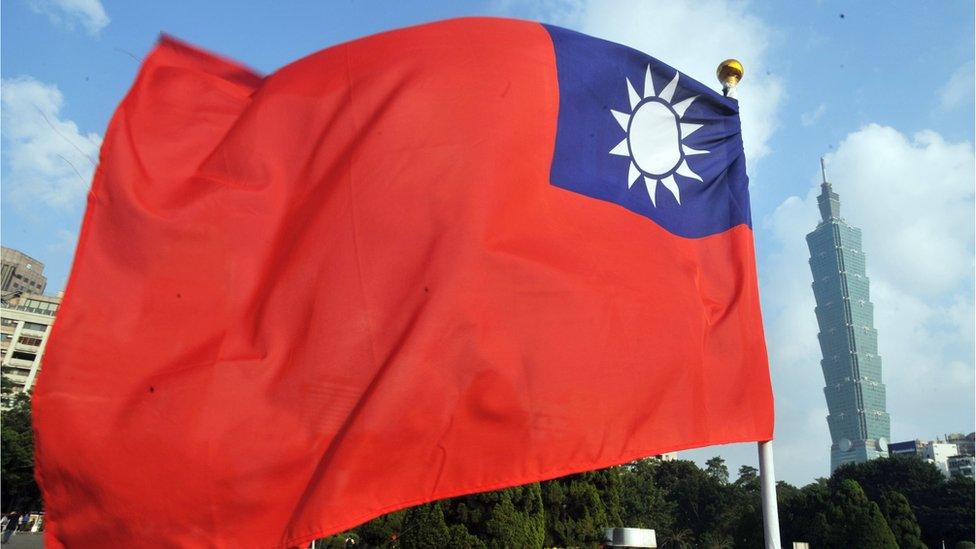
- Published25 January 2021
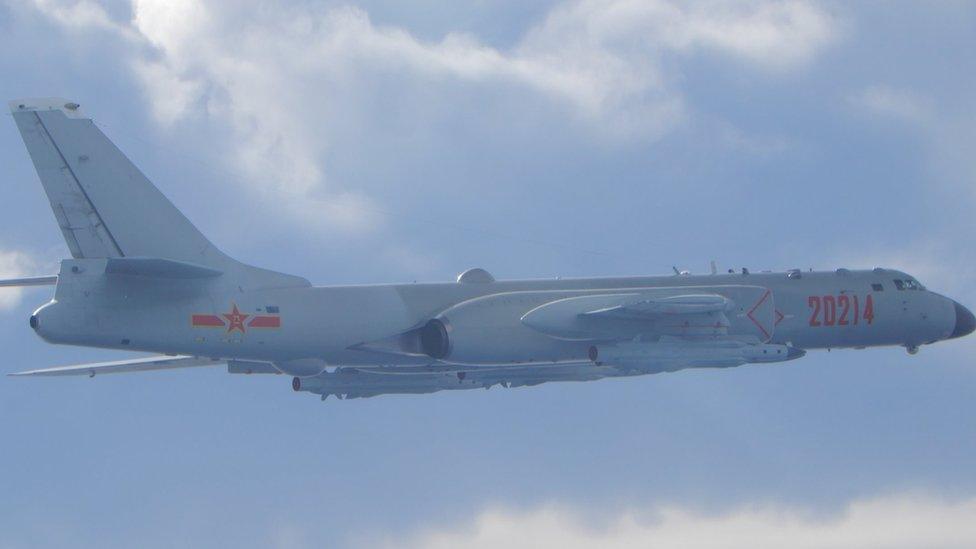
- Published28 October 2020
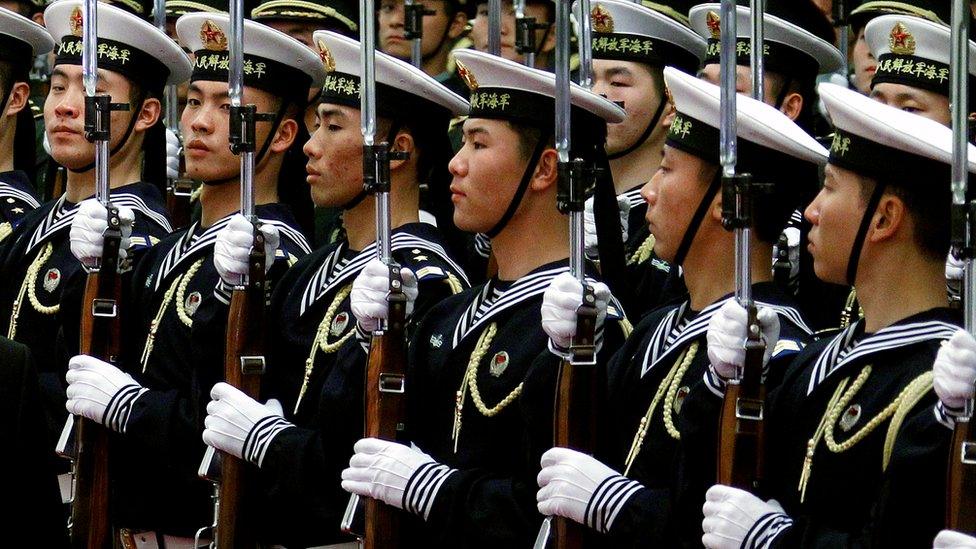
- Published24 July 2020
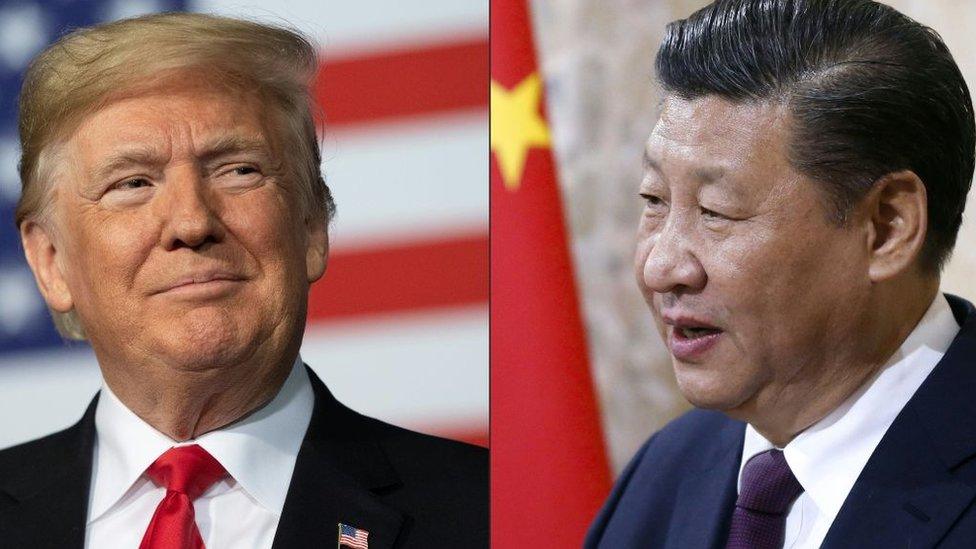
- Published15 January 2024
